Pencil Sketches Of Krishna Biography
source(google.com.pk)Krishna Sobti (Hindi: कृष्णा सोबती; born February 18, 1925) is a Hindi fiction writer and essayist, who won the Sahitya Akademi Award in 1980 for her novel Zindaginama[1][2] and in 1996, was awarded the Sahitya Akademi Fellowship, the highest award of the Akademi.[3]
She is most known for her 1966 novel Mitro Marajani, an unapologetic portrayal of a married woman's sexuality. She was also the recipient of the first Katha Chudamani Award, in 1999, for Lifetime Literary Achievement, apart from winning the Shiromani Award in 1981, Hindi Academy Award in 1982, Shalaka Award of the Hindi Academy Delhi[4] and in 2008, her novel Samay Sargam was selected for Vyas Samman, instituted by the K. K. Birla Foundation.[5]
Considered the grande dame of Hindi literature,[6] Krishna Sobti was born in Gujrat, now in west Pakistan; she also writes under the name Hashmat and has published Hum Hashmat, a compilation of pen portraits of writers and friends. Her other novels are Dara se bichuri, Surajmukhi andhere ke, Yaaron Ke Yaar, Zindaginama. Some of her well-known short stories are Nafisa, Sikka Badal gaya, Badalom ke ghere. Sobti eka sohabata includes her major selected works. A number of her works are now available in English and Urdu.[7]
In 2005, Dil-o-Danish, translated into The Heart Has Its Reasons in English by Reema Anand and Meenakshi Swami of Katha Books, won the Crossword Award in the Indian Language Fiction Translation category.[8]
She was offered the Padma Bhushan by the Government of India in 2010, which she declined, stating that, "As a writer, I have to keep a distance from the establishment. I think I did the right thing.” [9]
Contents [hide]
1 Works
1.1 Translations
1.2 Novels
1.3 Short Stories
2 Further reading
3 References
4 Works online
5 External links
Works[edit]
Translations[edit]
To hell with you Mitro! (Mitro Marjani)
Memory's Daughter (Dar Se Bichudi)
Listen Girl (Ai Ladki)
Zindaginamah -Zinda Rukh (Urdu)
The Heart Has Its Reasons (Dil-O-Danish)[7]
Novels[edit]
Zindaginama
Mitro Marajani
Dara Se Bichuri
Surajmukhi Andhere Ke
Yaaron Ke Yaar
samay sargam
Short Stories[edit]
Nafisa
Sikka Badal gaya
Badalom ke ghere
Bachpan [short story]
Further reading[edit]
Indian Women Novelists, edited by R.K. Dhawan. New Delhi, Prestige Books, 1995, (18 Volms.) ISBN 81-85218-40-4. (Vol. XVII, 10-12) [1]
Gopal Krishna Gokhale, CIE About this sound pronunciation (help·info) (9 May 1866 – 19 February 1915) was one of the founding social and political leaders during the Indian Independence Movement against the British Empire in India. Gokhale was a senior leader of the Indian National Congress and founder of the Servants of India Society. Through the Society as well as the Congress and other legislative bodies he served in, Gokhale promoted not only primarily independence from the British Empire but also social reform. To achieve his goals, Gokhale followed two overarching principles: non-violence and reform within existing government institutions.
Contents [hide]
1 Background and education
2 Indian National Congress and Rivalry with Bal Gangadhar Tilak
3 Servants of India Society
4 Involvement with British Imperial Government
5 Mentor to both Jinnah and Gandhi
6 Death
7 Impact on Indian Nationalist Movement
8 Commemoration
9 References
10 Further reading
11 External links
Background and education[edit]
Gopal Krishna Gokhale was born on May 9, 1866 in Kothluk village of Guhagar taluka in Ratnagiri district, in present-day Maharashtra (then part of the Bombay Presidency). Although they were Chitpavan Brahmins, Gokhale’s family was relatively poor. Even so, they ensured that Gokhale received an English education, which would place Gokhale in a position to obtain employment as a clerk or minor official in the British Raj. Being one of the first generations of Indians to receive a university education, Gokhale graduated from Elphinstone College in 1884. Gokhale’s education tremendously influenced the course of his future career – in addition to learning English, he was exposed to western political thought and became a great admirer of theorists such as John Stuart Mill and Edmund Burke.[1] Although he would come to criticize unhesitatingly many aspects of the English colonial regime, the respect for English political theory and institutions that Gokhale acquired in his college years would remain with him for the rest of his life. Gopal Krishna Gokhale, was one of the founding social and political leaders during the Indian Independence Movement against the British Empire in India. Gokhale was a senior leader of the Indian National Congress and founder of the Servants of India Society. Through the Society as well as the Congress and other legislative bodies he served in, Gokhale promoted not only primarily independence from the British Empire but also social reform. To achieve his goals, Gokhale followed two overarching principles: non-violence and reform within existing government institutions..
Gopal Krishna Gokhale had one child- Kashi(Anandibai) who was married to Justice S.B.Dhavle ICS. She had three children: Gopal Shankar Dhavle, Balwant Shankar Dhavle IAS and Meena Rajwade. Balwant Shankar Dhavle and Nalini Dhavle (née Sathe) have three children: Shridhar Balwant Dhavle FCA, Vidyadhar Balwant Dhavle IFS and Jyotsna Balwant Dhavle. Vidyadhar Balwant Dhavle and Aabha Dixit have 2 sons Abhishek Vidyadhar Dhavle and Jaidev Vidyadhar Dhavle who are the most recent direct descendants of Gopal Krishana Gokhale. The ancestral house constructed by Gopal Krisha Gokhale for his family in Pune continues to be the residence of the Gokhale-Dhavle descendants.
Indian National Congress and Rivalry with Bal Gangadhar Tilak[edit]
Gokhale became a member of the Indian National Congress in 1889, as a protégé of social reformer Mahadev Govind Ranade. Along with other contemporary leaders like Bal Gangadhar Tilak, Dadabhai Naoroji, Bipin Chandra Pal, Lala Lajpat Rai and Annie Besant, Gokhale fought for decades to obtain greater political representation and power over public affairs for common Indians. He was moderate in his views and attitudes, and sought to petition the British authorities by cultivating a process of dialogue and discussion which would yield greater British respect for Indian rights. Gokhale had visited Ireland[2] and had arranged for an Irish nationalist, Alfred Webb, to serve as President of the Indian National Congress in 1894. The following year, Gokhale became the Congress’s joint secretary along with Tilak. In many ways, Tilak and Gokhale’s early careers paralleled – both were Chitpavan Brahmin (though unlike Gokhale, Tilak was wealthy), both attended Elphinstone College, both became mathematics professors, and both were important members of the Deccan Education Society. When both became active in the Congress, however, the divergence of their views concerning how best to improve the lives of Indians became increasingly apparent.[3]
Gokhale’s first major confrontation with Tilak centered around one of his pet projects, the Age of Consent Bill introduced by the British Imperial Government, in 1891-92. Gokhale and his fellow liberal reformers, wishing to purge what they saw as superstitions and abuses from their native Hinduism, wished through the Consent Bill to curb child marriage abuses. Though the Bill was not extreme, only raising the age of consent from ten to twelve, Tilak took issue with it; he did not object per se to the idea of moving towards the elimination of child marriage, but rather to the idea of British interference with Hindu tradition. For Tilak, such reform movements were not to be sought after under imperial rule when they would be enforced by the British, but rather after independence was achieved when Indians would enforce it on themselves. The bill however became law in the Bombay Presidency.[4] In 1905, Gokhale became president of the Indian National Congress. Gokhale used his now considerable influence to undermine his longtime rival, Tilak, refusing to support Tilak as candidate for president of the Congress in 1906. By now, Congress was split: Gokhale and Tilak were the respective leaders of the moderates and the "extremists" (the latter now known by the more term, 'aggressive nationalists') in the Congress. Tilak was an advocate of civil agitation and direct revolution to overthrow the British Empire, whereas Gokhale was a moderate reformist. As a result, the Congress Party split into two wings and was largely robbed of its effectiveness for a decade. The two sides would later patch up in 1916 after Gokhale died.
Servants of India Society[edit]
In 1905, when Gokhale was elected president of the Indian National Congress and was at the height of his political power, he founded the Servants of India Society to specifically further one of the causes dearest to his heart: the expansion of Indian education. For Gokhale, true political change in India would only be possible when a new generation of Indians became educated as to their civil and patriotic duty to their country and to each other. Believing existing educational institutions and the Indian Civil Service did not do enough to provide Indians with opportunities to gain this political education, Gokhale hoped the Servants of India Society would fill this need. In his preamble to the SIS’s constitution, Gokhale wrote that “The Servants of India Society will train men prepared to devote their lives to the cause of country in a religious spirit, and will seek to promote, by all constitutional means, the national interests of the Indian people.” [5] The Society took up the cause of promoting Indian education in earnest, and among its many projects organized mobile libraries, founded schools, and provided night classes for factory workers.[6] Although the Society lost much of its vigor following Gokhale’s death, it still exists to this day, though its membership is small.
Involvement with British Imperial Government[edit]
Gokhale, though an earlier leader of the Indian nationalist movement, was not primarily concerned with independence but rather with social reform; he believed such reform would be best achieved by working within existing British government institutions, a position which earned him the enmity of more aggressive nationalists such as Tilak. Undeterred by such opposition, Gokhale would work directly with the British throughout his political career in order to further his reform goals.
In 1899, Gokhale was elected to the Bombay Legislative Council. He was elected to the Council of India of Governor-General of India on 22 May 1903 as non-officiating member representing Bombay Province.[7] He later served to Imperial Legislative Council after its expansion in 1909. He there obtained a reputation as extremely knowledgeable and contributed significantly to the annual budget debates. Gokhale developed so great a reputation among the British that he was invited to London to meet with secretary of state Lord John Morley, with whom he established a rapport. Gokhale would help during his visit to shape the Morley-Mentos Reforms introduced in1909. Gokhale was appointed a CIE (Companion of the Order of the Indian Empire) in the 1904 New Year's Honours List, a formal recognition by the Empire of his service.
Mentor to both Jinnah and Gandhi[edit]
Gokhale was famously a mentor to Mahatma Gandhi in his formative years. In 1912, Gokhale visited South Africa at Gandhi's invitation. As a young barrister, Gandhi returned from his struggles against the Empire in South Africa and received personal guidance from Gokhale, including a knowledge and understanding of India and the issues confronting common Indians. By 1920, Gandhi emerged as the leader of the Indian Independence Movement. In his autobiography, Gandhi calls Gokhale his mentor and guide. Gandhi also recognised Gokhale as an admirable leader and master politician, describing him as 'pure as crystal, gentle as a lamb, brave as a lion and chivalrous to a fault and the most perfect man in the political field'.[8] Despite his deep respect for Gokhale, however, Gandhi would reject Gokhale's faith in western institutions as a means of achieving political reform and ultimately chose not to become a member of Gokhale's Servants of India Society.[9] Gokhale was also the role model and mentor of Mohammed Ali Jinnah, the future founder of Pakistan, who in 1912, aspired to become the "Muslim Gokhale". Even the Aga Khan ( the Spiritual Head of the Islamic sect of Ismaili Khojas & grandfather of the present Aga Khan) has stated in his autobiography that Gokhale's influence on his thinking was probably considerable.
Death[edit]
Gokhale continued to be politically active through the last years of his life. This included extensive traveling abroad: in addition to his 1908 trip to England, he also visited South Africa in 1912, where his protégé Gandhi was working to improve conditions for the Indian minority living there. Meanwhile, he continued to be involved in the Servants of India Society, the Congress, and the Legislative Council while constantly advocating the advancement of Indian education. All these stresses took their toll, however, and Gokhale died on Feb 19, 1915 at an early age of forty-nine. Bal Gangadhar Tilak, his lifelong political opponent, said at his funeral: "This diamond of India, this jewel of Maharashtra, this prince of workers is taking eternal rest on funeral ground. Look at him and try to emulate him".
Impact on Indian Nationalist Movement[edit]
Gokhale's impact on the course of the Indian nationalist movement was considerable. Through his close relationship with the highest levels of British imperial government, Gokhale forced India's colonial masters to recognize the capabilities of a new generation of educated Indians and to include them more than ever before in the governing process. Gokhale’s firm belief in the need for universal education deeply inspired the next great man on the Indian political stage, Mohandas K. Gandhi; his faith in western political institutions though rejected by Gandhi, was adopted by an independent India in 1950.
Commemoration[edit]
His name is commemorated in the names of the Gokhale Institute of Politics and Economics in Pune, the Gokhale Memorial Girls' College in Kolkata, the Gokhale Hall in Chennai, the Gokhale Centenary College in Ankola, the Gopal Krishna Gokhale College in Kolhapur, Gokhale Road in Mumbai, and the Gokhale Institute of Public Affairs in Bangalore
Pencil Sketches Of Krishna Of Nature Of Sceneries Landscapes Of Flowers Of Girls Of People Tumblr Of Roses Of Eyes Of Love
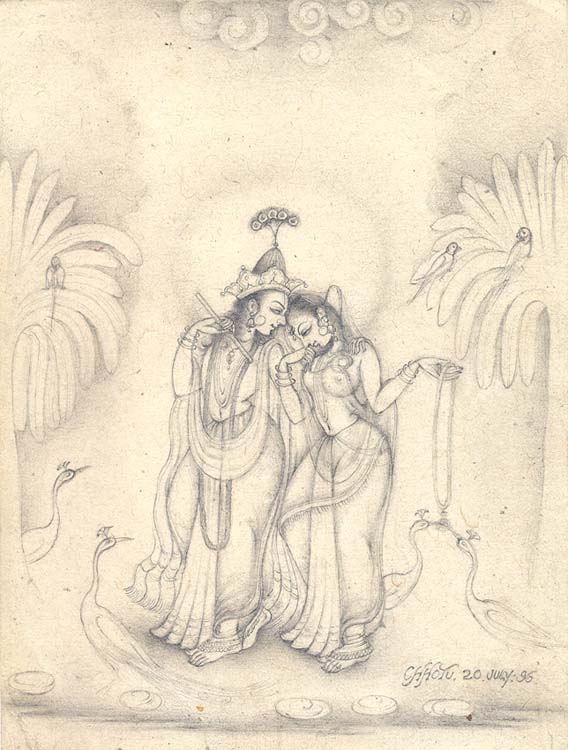
Pencil Sketches Of Krishna Of Nature Of Sceneries Landscapes Of Flowers Of Girls Of People Tumblr Of Roses Of Eyes Of Love

Pencil Sketches Of Krishna Of Nature Of Sceneries Landscapes Of Flowers Of Girls Of People Tumblr Of Roses Of Eyes Of Love

Pencil Sketches Of Krishna Of Nature Of Sceneries Landscapes Of Flowers Of Girls Of People Tumblr Of Roses Of Eyes Of Love

Pencil Sketches Of Krishna Of Nature Of Sceneries Landscapes Of Flowers Of Girls Of People Tumblr Of Roses Of Eyes Of Love

Pencil Sketches Of Krishna Of Nature Of Sceneries Landscapes Of Flowers Of Girls Of People Tumblr Of Roses Of Eyes Of Love

Pencil Sketches Of Krishna Of Nature Of Sceneries Landscapes Of Flowers Of Girls Of People Tumblr Of Roses Of Eyes Of Love
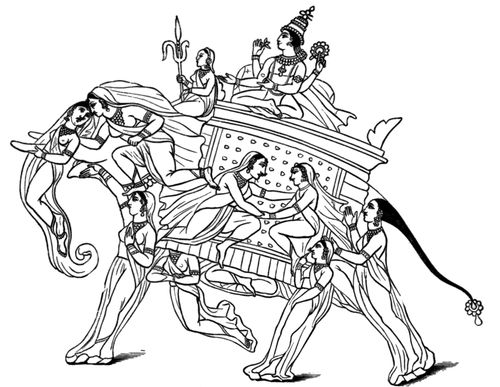
Pencil Sketches Of Krishna Of Nature Of Sceneries Landscapes Of Flowers Of Girls Of People Tumblr Of Roses Of Eyes Of Love
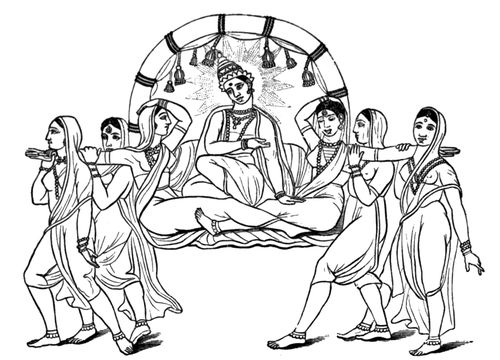
Pencil Sketches Of Krishna Of Nature Of Sceneries Landscapes Of Flowers Of Girls Of People Tumblr Of Roses Of Eyes Of Love

Pencil Sketches Of Krishna Of Nature Of Sceneries Landscapes Of Flowers Of Girls Of People Tumblr Of Roses Of Eyes Of Love
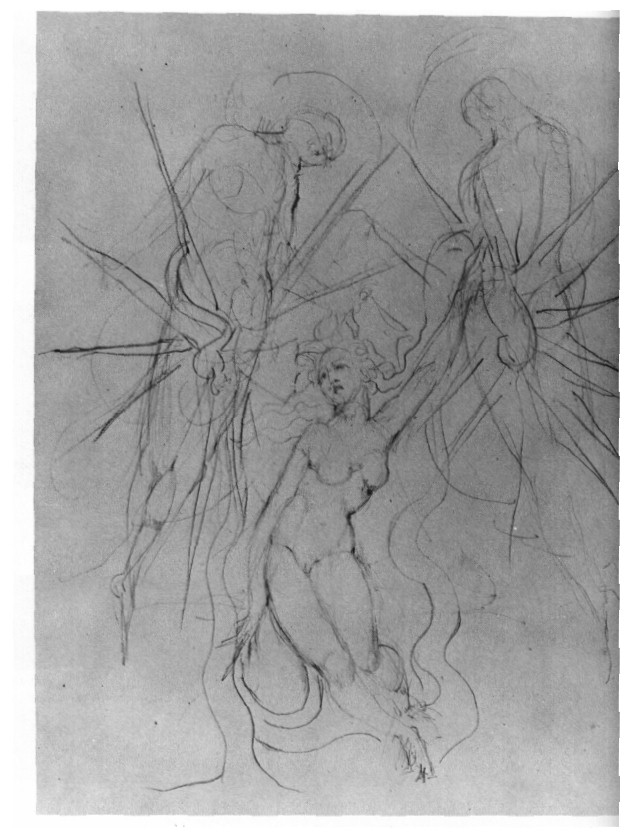
Pencil Sketches Of Krishna Of Nature Of Sceneries Landscapes Of Flowers Of Girls Of People Tumblr Of Roses Of Eyes Of Love
Pencil Sketches Of Krishna Of Nature Of Sceneries Landscapes Of Flowers Of Girls Of People Tumblr Of Roses Of Eyes Of Love
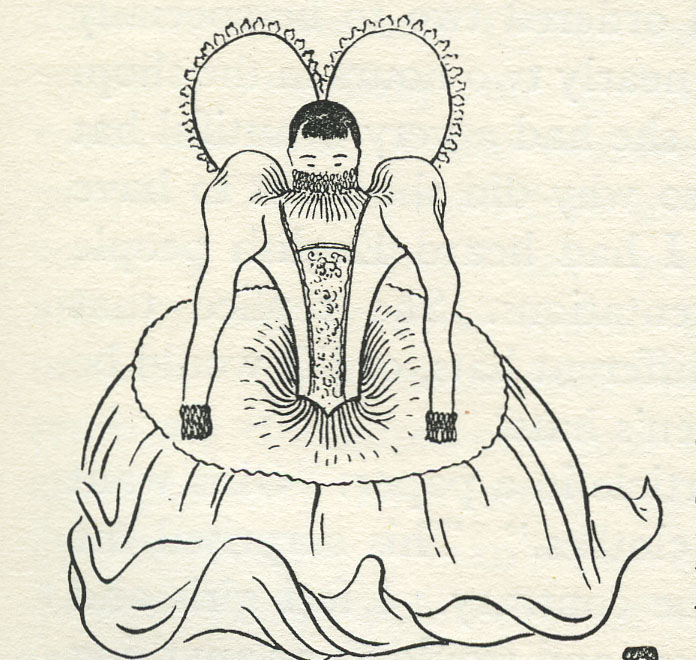
Pencil Sketches Of Krishna Of Nature Of Sceneries Landscapes Of Flowers Of Girls Of People Tumblr Of Roses Of Eyes Of Love

Pencil Sketches Of Krishna Of Nature Of Sceneries Landscapes Of Flowers Of Girls Of People Tumblr Of Roses Of Eyes Of Love
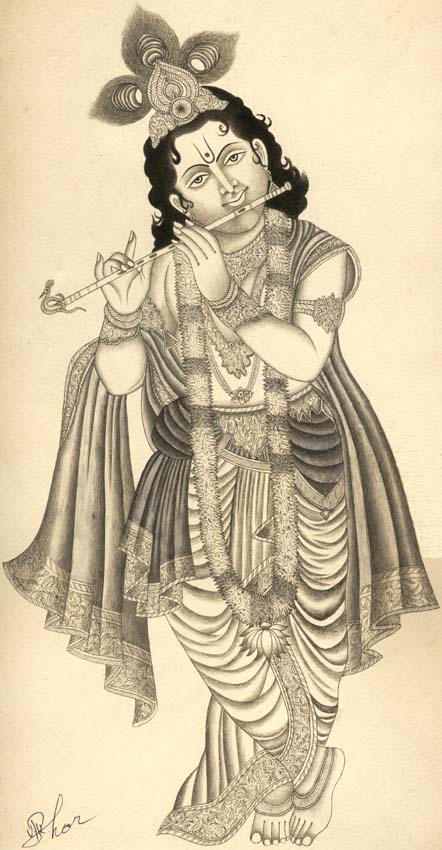
Pencil Sketches Of Krishna Of Nature Of Sceneries Landscapes Of Flowers Of Girls Of People Tumblr Of Roses Of Eyes Of Love

Pencil Sketches Of Krishna Of Nature Of Sceneries Landscapes Of Flowers Of Girls Of People Tumblr Of Roses Of Eyes Of Love

Pencil Sketches Of Krishna Of Nature Of Sceneries Landscapes Of Flowers Of Girls Of People Tumblr Of Roses Of Eyes Of Love

No comments:
Post a Comment